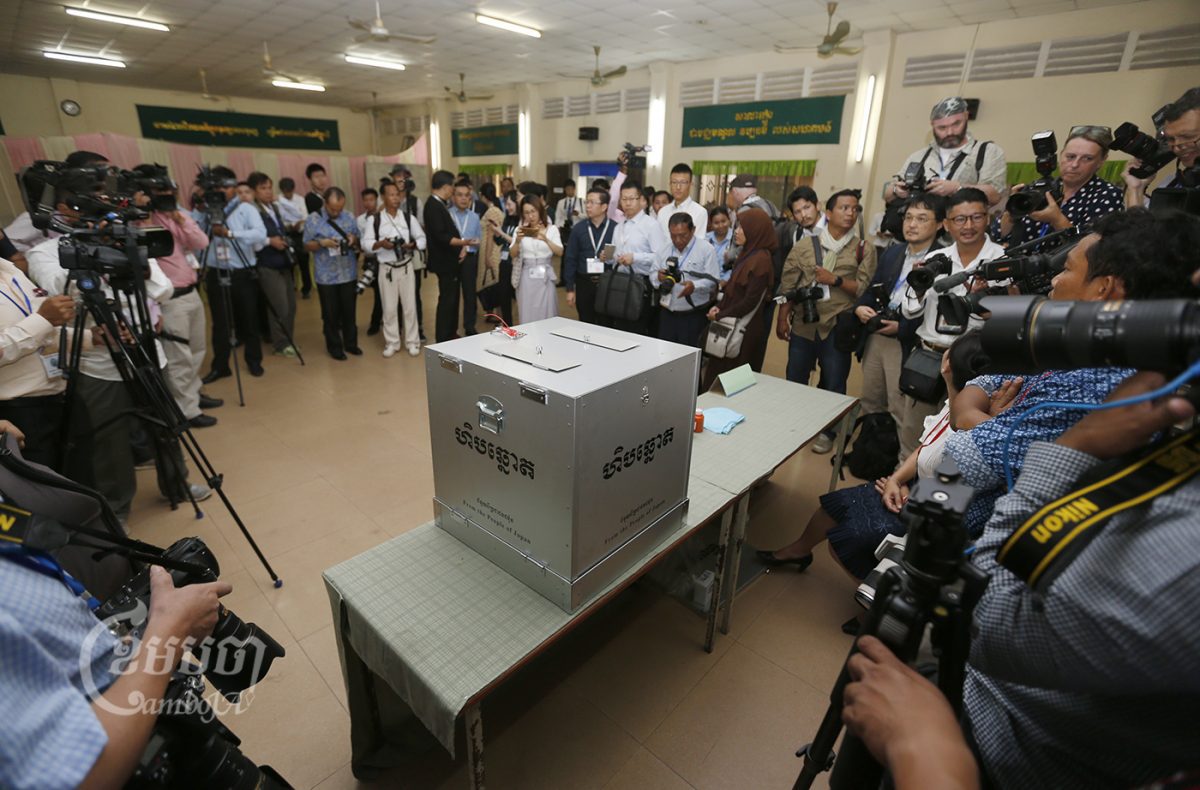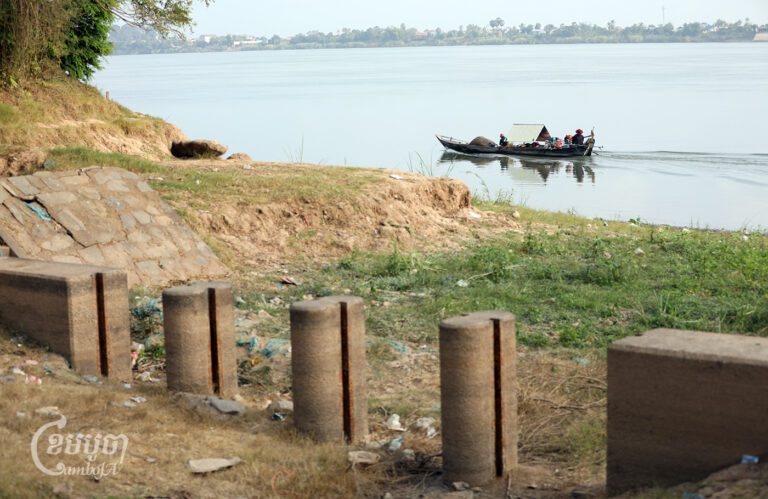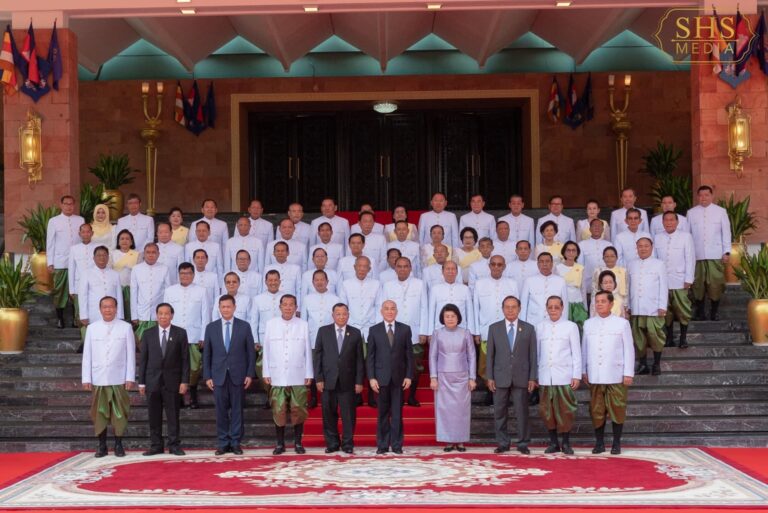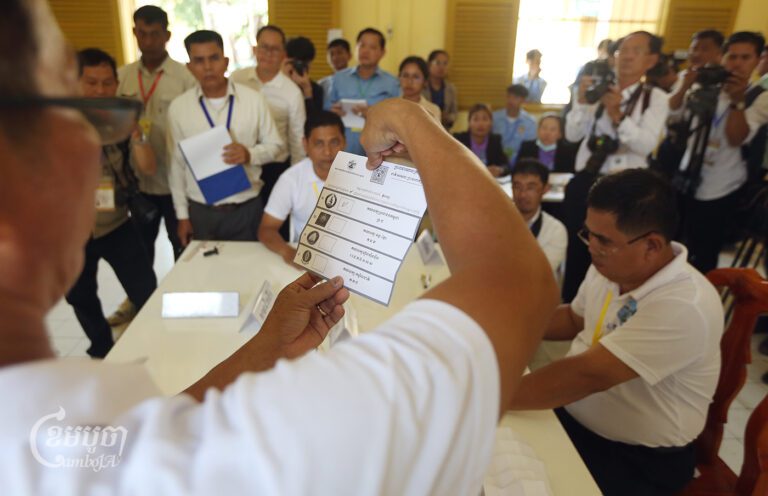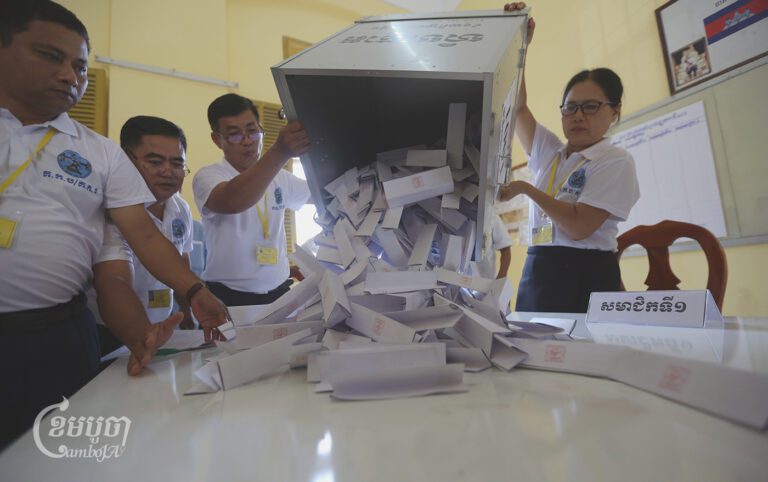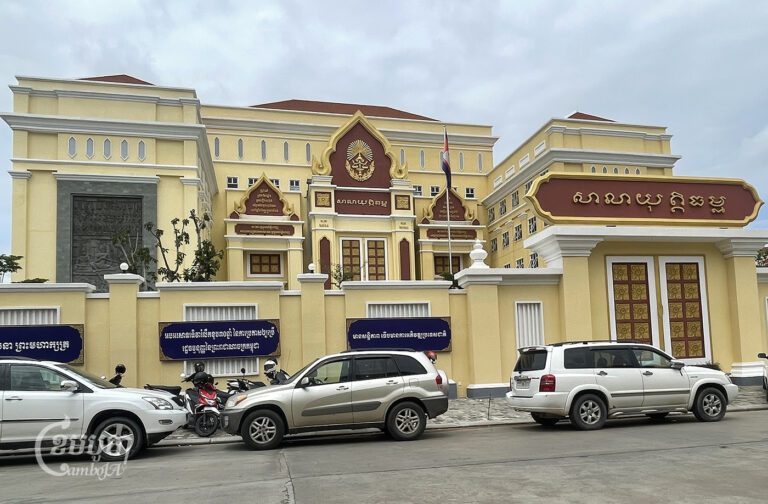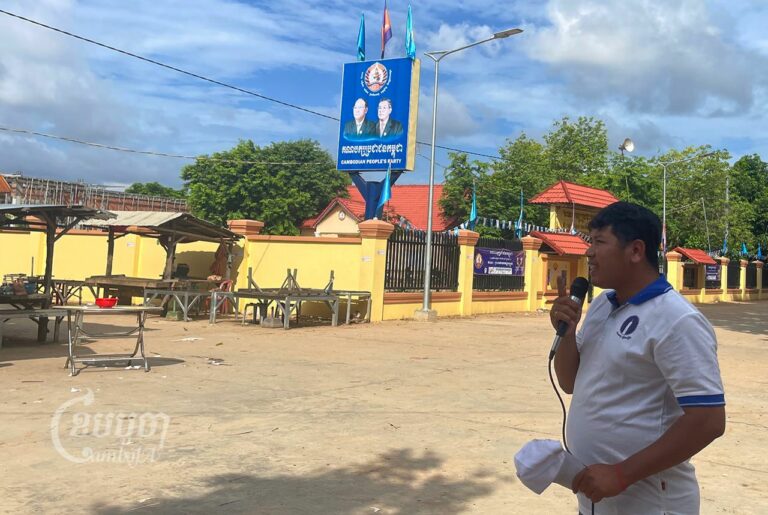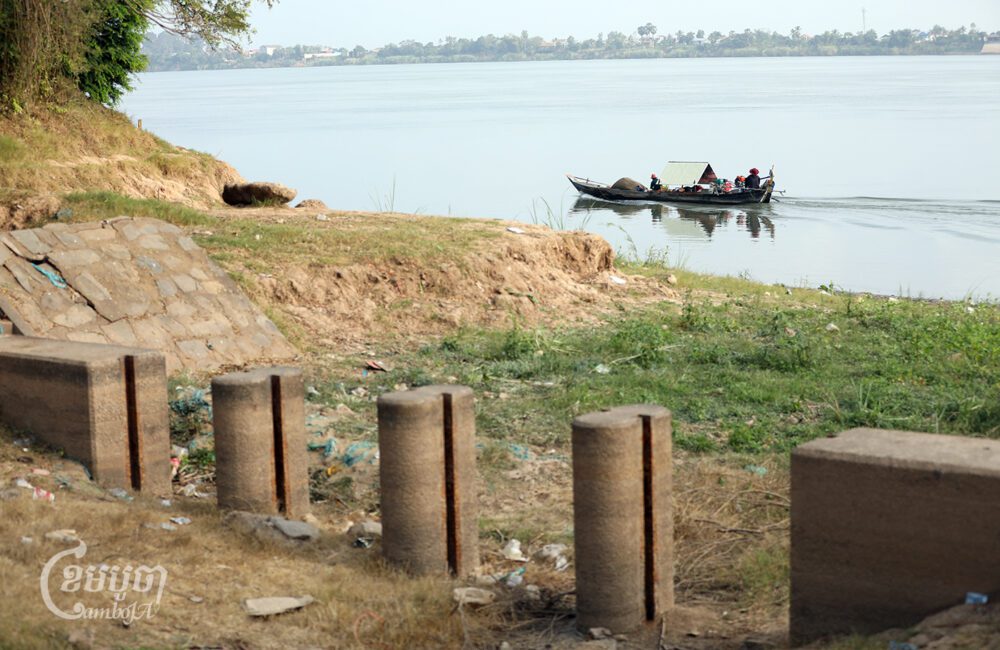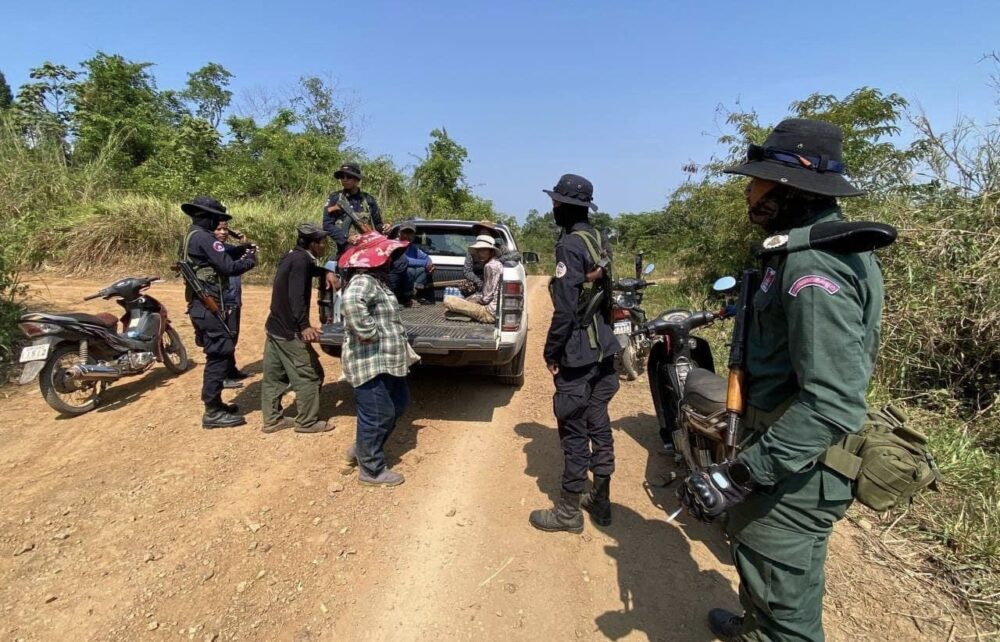On Wednesday, Prime Minister Hun Sen ordered the authorities not to threaten or disturb the activities of political parties before and during the election campaign, in order to safeguard the country’s democratic space.
However, political parties and election observers say that Hun Sen’s appeal is merely for show, since the authorities continue to restrict political freedoms.
The Prime Minister made the order during the inauguration of the bridges donated by Japan, worth $35 million, in the provinces of Kratie and Prey Veng.
Hun Sen said that with the commune elections due in the next few months, all political parties registered with the Ministry of Interior should have the opportunity to conduct their political activities freely without intimidation.
“The election campaign has not yet arrived, but they [the political parties] have the opportunity to meet their members and the right to raise the party banner – not only the ruling party,” he said. “I call on the authorities at all levels to make it easy for political parties that will join the upcoming elections to have an opportunity to gather without any disturbance, to prevent the elections from violence.”
In a letter written to the capital and provincial authorities on February 7, Minister of Interior Sar Kheng also ordered authorities to facilitate the activities of political parties registered with the Ministry of Interior.
Hun Sen’s comment also came after Japanese foreign minister Hayashi Yoshimasa, in a meeting with Hun Manet – the eldest son of Hun Sen – this week, asked Cambodia to hold upcoming commune and general elections democratically, with the participation of multiple parties.
Since Hun Manet was endorsed by the central committee of the Cambodian People’s Party (CPP) in late December as the only candidate to succeed Hun Sen, he has embarked on a style of foreign diplomacy modeled after his father’s, which gained popularity in the country.
Thach Setha, the vice president of the Candlelight Party, said that he was surprised by Hun Sen’s call – saying that, in fact, the local authorities are not following the order.
“We have already seen such announcements by the Minister of Interior, but it still does not stop local authorities,” he said. “This is just a game. Actually, they allow the authorities to continue to threaten and persecute.”
The Candlelight Party, whose members and supporters come mostly from the former Cambodia National Rescue Party (CNRP) – which was previously dissolved by the Supreme Court – have reported persecution and disturbance from local authorities.
“This is just a picture to show the international community that the political climate in Cambodia is good, but at the grassroots level they continue to intimidate us,” Setha said. “If [the government] wants to create a good political environment, they must release all prisoners of interest so that they can regain their political freedom.”
Loek Sothea, from the Grassroots Democratic Party (GDP), said that the Prime Minister’s call shows a political will to facilitate a political climate that will make the upcoming election acceptable.
However, he agreed with Setha, doubting whether the call will be followed by local officials.
“Gatherings by other political parties besides the the ruling party remain difficult, especially with the intimidation,” he said. “Are they playing games, with one playing the role of a gentlemen and the other one as a savage?”
Ou Chanrath, vice president of the Cambodia Reform Party (CRP), said that it is the government’s role to ensure political freedom – but despite the instruction from the Ministry of Interior, restrictions to political freedom continue as before.
“At the grassroots level, they still do not understand, or they do not understand by refusing to follow the instructions of their superiors,” he said. “In some places, authorities have threatened activists who volunteer to raise the party banner in front of their house.”
He added, “It is very disturbing because when authorities cause trouble to other parties, it makes members scared, and they withdraw from joining the party.”
There are 45 political parties preparing to compete in the upcoming commune and national elections.
Cambodia will hold commune elections in June this year and general elections in 2023. Since the CNRP, the country’s main opposition party, was dissolved in 2017, observers say the competition will be little more than a game, with no viable challengers to the CPP.
Korn Savang, an advocacy coordinator at the Committee for Free and Fair Elections in Cambodia (Comfrel), said that since political rights are ensured by the law, it is not necessary for the government to put the order in place for them to be implemented.
As commune elections approach, Savang said Comfrel has yet to decide whether to join as an election observer, saying that they will make the decision with the participation of other civil society groups.


